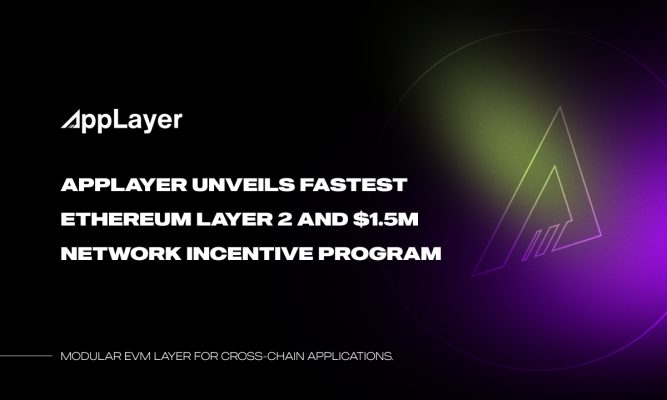What are Smart Contracts?
A smart contract is a computerized code that executes the pre-defined terms of a contract. The contracts self-execute themselves with the terms of the agreement which exist across a distributed, decentralized blockchain network. They allow for the execution of trusted transactions among disparate, anonymous parties without requiring a central authority, legal system or any kind of external enforcement.
What is a Smart Contract Audit?
A smart contract audit involves developers the thorough inspection of the smart contract’s code. This audit lets developers find any potential bugs or vulnerabilities before deploying the smart contract.
Smart contract audits are usually done by a third party or parties that make sure that the code is analyzed as thoroughly as possible. Depending on how complex a smart contract is, companies may opt to engage the services of a specialist team of developers to audit the contract.
It is very important to get the smart contract code right before deployment because once it is written to the blockchain it cannot be modified.
Auditing A Smart Contract
There are two basic ways to audit a smart contract. The first one is by manually revising the code, and the second one consists of automatically analyzing the code. Let’s have a look at exactly what each one involves:
Manual vs. Automatic Analysis of Code
If you have a good sized development team, going through the smart contract code manually is the best way to discover coding issues.
A manual code review will involve the individual verification of each line of code in order find possible bugs and security vulnerabilities. A particular focus should be given to recognizing security issues as these are the biggest threat to the successful long-term functionally.
Automatic code analysis is more advantageous because it saves a lot of time. Automatic analysis of code also allows for the use of sophisticated penetration testing which spots vulnerabilities extremely quickly.
Although this method makes things easier, automated code testing programs also come with a number of drawbacks.
The main problems that come from automated code reviews are that vulnerabilities can be omitted and code being wrongly recognized as erroneous when it is not. While false positives can be bothersome, the real issue is in missed vulnerabilities. Because of this, it is always recommended that developers should always go over the code manually even if they already performed an automated code testing.
Smart Contract Performance Validation
Before rolling out your smart contract, its performance should be optimized. The performance of any smart contract is directly correlated to how qualitative its code is.
Validation includes verifying the code for any errors that might affect the execution speed or other aspects of the contract’s performance in any way. The easiest place to start is by verifying if the contract executes in a way that meets all the agreements that both parties settled on when entering the contract.
Then comes the testing of the contract’s variables. As there is a wide array of contract “triggers” and consequential actions, it is important that the contract is tested to determine if it has the capability of handling all the possible variations that might be required of it. Thus, part of performance validation also involves pressure testing the smart contract for variables that might result from how it is executed in the real world.
Smart Contract Optimization Via Gas Analysis
The transacting smart contracts generates some costs, so platforms such as the Ethereum Project have to charge ‘gas’ in the form of Ether. Gas prices differ depending on how complex a smart contract is.
Before you even come close to finalize coding your smart contract, you should already have a good idea of the gas costs that will be generated by your specific contract’s function. Using the Ethereum’s Yellow Paper price chart you can estimate fairly to some degree how much your smart contract’s gas fees will be.
Once you have this estimate then you can use this number to see if your smart contract requires optimizing. By executing only one smart contact transaction and then comparing the gas costs you resulted from this transaction with your original estimate, you will be able to see exactly just how optimized your contract is in reality.
The cost of a Smart Contract Audit
The exact cost of conducting a smart contract audit is dependent on a few key aspects. An important factor is if the company uses their internal team or a specialist outsourced team. While outsourcing a smart contract audit comes at a higher cost, the chance of them finding security vulnerabilities is likely to be much higher because of their level of knowledge in the field and to analyze the project from a different perspective.
Conclusion
There are many approaches which one can apply to a smart contract audit, but the final result is the same. The end goal should be that the contract has no bugs and security vulnerabilities and that it performs efficiently.



